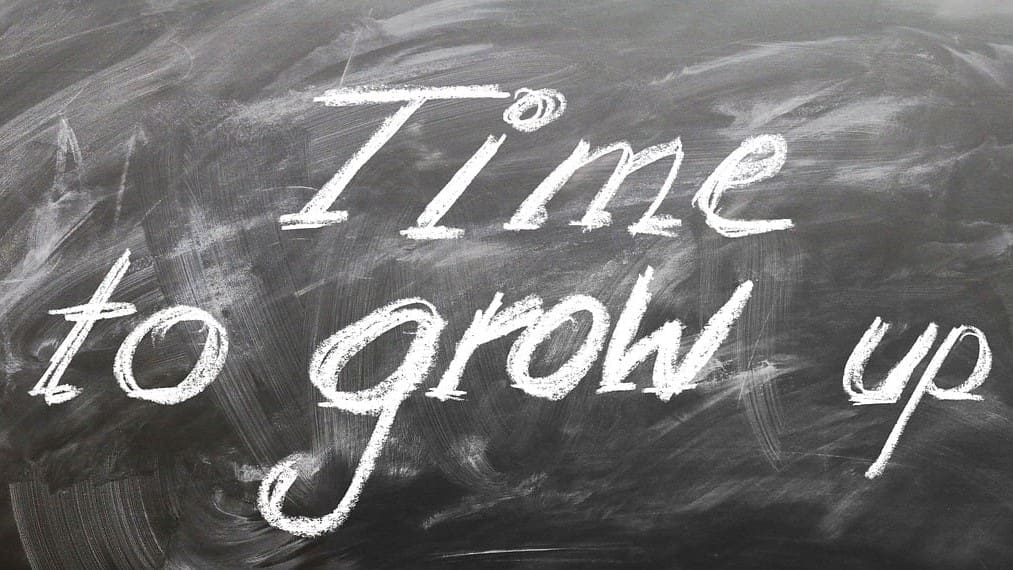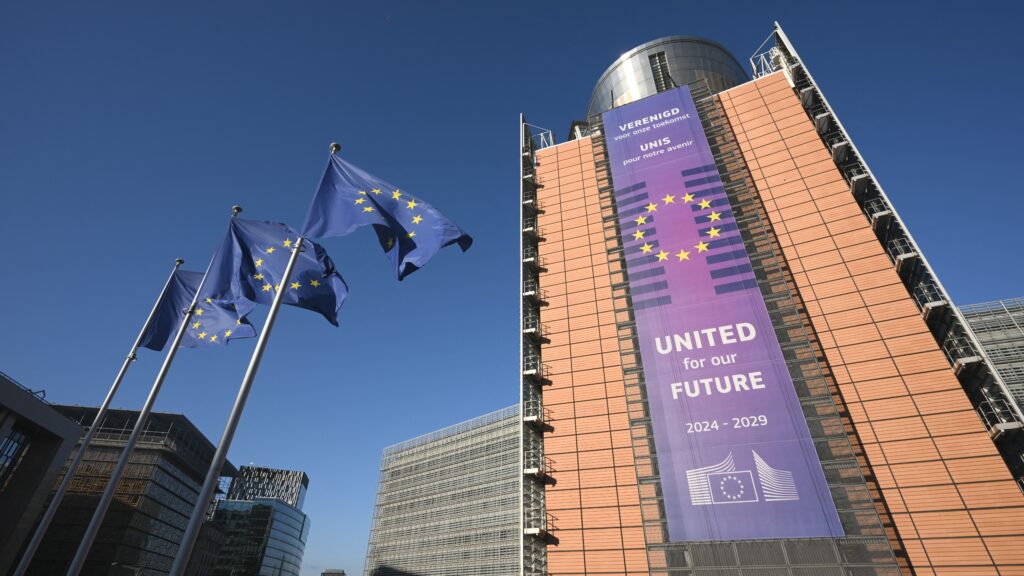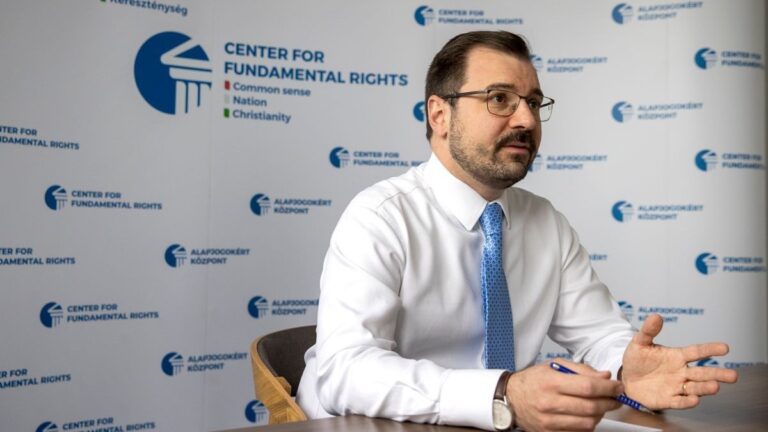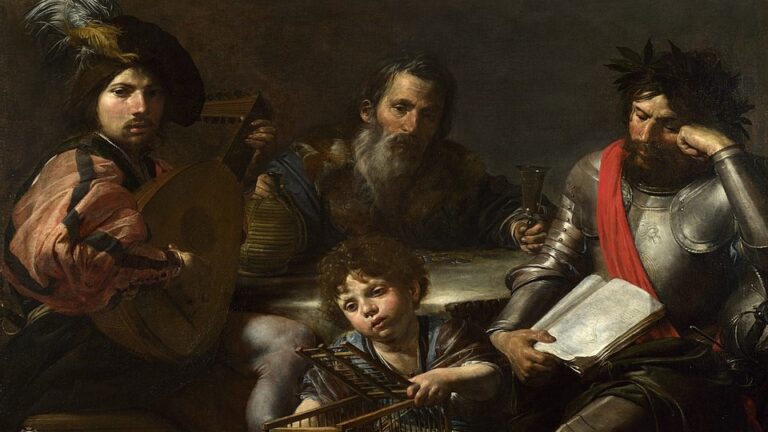This article is the first in a series of opinion pieces on public education.
In Hungary education is an evergreen topic of public debates. For nearly a decade now, public education has been a matter of controversy, manifested in many forms, from demonstrations protesting at low teachers’ salaries and teacher strikes to heated discussions on how and what should be included in the core curriculum. But time and again, real debate is drowned out by ideological and partisan political showdowns. However, what everyone seems to be aware of by now is that it is probably the entire education system that should be rethought and reformed, rather than attempting to solve individual issues that are part of the larger picture.
Figures and the everyday experience of those affected show that deep-seated problems prevail in Hungarian schools and strategic reforms stalled since the end of communism need to be carried out. However, education is not a field that can easily be reformed in a democratic framework: even if society is well aware of the problems, yet governments and stakeholders tend to resist and avert the risks that meaningful reforms entail. This blocks not only liberals, but also conservatives from adequately addressing issues or to propose and discuss future alternatives.
But things are slowly changing. As protests for teachers have shaken the country and liberal voices are ever stronger, conservative thinkers have started to formulate their own ideas and concepts on what education should look like. The unfolding debate is not only relevant for Hungary, but perhaps for the whole of Europe, too.
In a series of articles, I shall attempt to make my contribution, investigating five defining questions: what is the purpose of education; what should we teach our children; what is the role of educational institutions; who should be placed in the centre of education; and why it can be a game-changer in the 21st century.
Before all: what is schooling really for? If we overlook this question we would be like wanderers heading into a dark labyrinth without a torch. Only if we have a clear vision of the purpose of education can we build on solid foundations, and possess the key to solving dilemmas.
Let me start from a rather unusual angle:
I view the school as the greatest natural rival and ally of the family at the same time.
They are rivals, since the time the child spends in school, acquiring norms and patterns of behaviour, is appropriated from the family—and as the leverage of schools continues to increase in shaping children, families lose their monopoly on defining the value systems and socialization of their offspring. However, schools and families are also necessarily allies, as families could not be stable and prosperous in modern society without the support and care that schools provide.
While the family is meant to be the primary source of love and personal development, schools transmit knowledge and values necessary for social integration. Both have their boundaries beyond which the other cannot enter, even though there are many overlaps in terms of their tasks. In fact, ideally, the two institutions work hand in hand, often complementing each other, to secure the future of our societies by preparing our children for an independent and successful adulthood.
Throughout the ages, the purpose of education has been defined by the anthropological assumptions of the influential groups of societies. From the clergy of the Catholic Church and the bourgeoisie, to socialist leaders and contemporary elites representing liberal ideas, each group had their premises on the nature and purpose of the human person and their relationship with society. These premises then determined their motives to shape education, striving to realize and perfect humans based on their supposed nature.
If we look for the purpose of education in the 21st century, we cannot avoid another question: what is the purpose of the human being in society?
Therefore, If we look for the purpose of education in the 21st century, we cannot avoid another question: what is the purpose of the human being in society? The most typical answers to this question may be categorized as religious, collectivist, and individualistic. Religious societies often rely on the interpretations of an elite that upholds the status quo by applying doctrines and principles, often metaphysical, to political affairs, adjusting human life to inelastic traditions. Good examples may be the ancient caste system of Brahmanism or societies governed by Islamic law. These systems, unable to adapt, can enforce miscarried and futile ideas for long centuries. Collectivism, on the other hand, is based on the rule of a secular ideology, viewing each person as a mere particle that finds its purpose in the subordination to a collective goal. From time to time, delusions inherent to these structures brought material and spiritual suffering to millions of people. Modern societies, by contrast, governed by the spirit of individualism, reject both of these coercive systems. Liberalism suggests that each person is empowered to find distinct purposes in life, pursuing their own happiness and disengaged from external limitations, save interfering with others practising this right. This philosophy, however, implicitly acknowledges the lack of an intrinsic purpose to human life.
Conservatives may find useful elements in each of these answers. Yet, the idea that the purpose of life could be determined solely by society is alien to conservative thinking rooted in a Judeo-Christian heritage. The anthropological view that lifted Western civilization is that humans are created in the image and likeliness of God, who called each person to fulfil their mission of loving and serving others, through realizing their gifts and talents in their communities. All persons, as they are created in the image of God, have equal dignity, as well as their own distinct characters, with differences that can be useful in manifold ways.
This idea partly overlaps with the individualist response; pursuing the fulfilment of a distinct calling indeed brings true joy into one’s life. However, the conservative idea is also interpersonal, which holds that love and human virtues may only be realized in relationships with others, in communities such as the family and the nation. The conservative concept, on the other hand, also sets out objective morals, rules and boundaries, common to each person’s path, which provide guidance as to what can support or hinder us from realizing our purpose.
Why is this all relevant? If we accept that this conservative type of anthropology is the most desirable one, then
it reasonably follows that we should base our education system on its principles.
According to this premise, the purpose of education should be to assist the next generations in finding and fulfilling their personal purpose, in the areas where the family lacks the knowledge, tools or competence to do so.
We all want to see our children become independent and responsible in material, social and spiritual terms. This personal desire is also the basis of a stable and prosperous society. The innermost spiritual questions are largely dependent on personal judgement, as well as guidance from communities like the family and the church, where the state shall not be allowed to enter other than upon request by the parents of the child.
Education, nevertheless, is essential in enhancing the material, social and personal development of children.
What I mean by material development is the very reason why education is a public concern: we need to equip our children with the knowledge and skills that enable them to have proper jobs. Economic growth is essentially based on innovation and an effective division of labour, so our education systems must take that into account and facilitate children in growing into adults who can contribute to their narrower and broader communities in meaningful ways.
The social aspect of education is often ignored, even though schools serve as the primary terrain of socialization for several years in children’s lives. Maintaining meaningful relationships and actively engaging in our communities are ever more difficult in the 21st century, yet these are the bases for realizing a conservative anthropology in society. Adhering to social norms, while also critically reflecting on them is a crucial skill in understanding democracy and engaging in active citizenship.
By personal development, I refer to acquiring basic competencies necessary to live a healthy life. One could rightfully argue that the term ‘healthy’ can be relative and has a partially social nature, which warns us to be cautious about too much intervention by the school. Yet, I maintain that healthy life includes finding a personal purpose that is not destructive to oneself and others, as well as learning proper bodily and mental self-care, as these are requisites for preserving one’s psychological integrity. Families require increasing support in terms of the prevention of mental health issues, and in developing resilience and mental stability.
Although these tasks may look too much for schools to handle, education should address them, albeit obviously setting priorities. This idea is in sharp contrast with the concept of a minimalist school, which is about nothing more than day-care and mechanical learning. What are needed are schools that take a holistic approach to education.
To sum up, we can say that the education system has complex social functions, and it may only fulfil its purpose if it sees the child as a whole person. Although its competences as a set of institutions are, and shall be, limited, teaching and education must be more than transmitting knowledge that certain groups of influence find important. With traditional communities having weakened in modern society, and plenty of new challenges continually arising, education should strive to pass on not only factual, but also abstract knowledge accumulated by our culture. The stakes are high; if education fails to accomplish this twofold task, we may face a rapid decline of our civilization.







